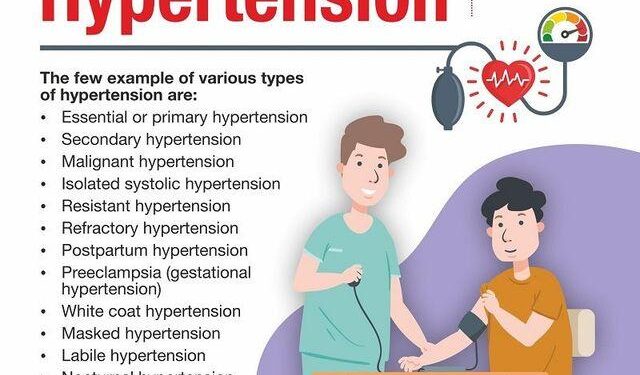The World Health Organization (WHO) has once again underscored the pressing global challenge posed by hypertension, a condition affecting millions worldwide and a leading cause of cardiovascular disease and premature death. As health systems across countries grapple with the escalating burden, WHO’s latest reports emphasize the urgent need for comprehensive prevention, early detection, and effective management strategies. This article delves into the WHO’s insights on hypertension, examining its impact on public health and the critical measures advocated to curb this silent epidemic.
Hypertension as a Global Health Challenge Insights from WHO on Risk Factors and Prevalence Strategies Recommended by WHO to Combat High Blood Pressure Worldwide
Hypertension remains one of the most significant public health challenges globally, affecting over 1 billion people and contributing to nearly 13% of all deaths worldwide. The World Health Organization (WHO) identifies multiple risk factors that fuel this epidemic, including unhealthy diets high in salt, lack of physical activity, excessive alcohol consumption, and tobacco use. Socioeconomic disparities and urbanization trends further exacerbate these risks, leading to rising prevalence, especially in low- and middle-income countries. The silent nature of high blood pressure often results in underdiagnosis and inadequate treatment, underscoring the importance of widespread awareness and screening programs.
To tackle this pressing issue, WHO recommends a comprehensive, multi-sectoral approach:
- Implementation of salt reduction programs through food industry reformulation and public education.
- Promotion of physical activity via community-based initiatives and urban planning.
- Strengthening primary healthcare for early detection, effective management, and continuous monitoring.
- Regulations on tobacco and alcohol control to reduce consumption among at-risk populations.
| Strategy | Impact | Global Reach |
|---|---|---|
| Salt Intake Reduction | Lowered BP by 5 mmHg | Applied in 40+ countries |
| Physical Activity Promotion | Improved cardiovascular health | Global urban initiatives |
| Early Diagnosis & Treatment | Reduced stroke risk by 30% | Integrated in primary care |
| Tobacco and Alcohol Control | Decreased hypertension rates | Enforced by 50+ nations |
In Conclusion
As hypertension continues to affect millions worldwide, the World Health Organization’s efforts to raise awareness, promote early detection, and encourage sustainable lifestyle changes remain critical. With the growing global burden of high blood pressure linked to serious health complications such as heart disease and stroke, coordinated action and informed public health policies are more important than ever. Staying informed and proactive is key to combating this silent epidemic-making hypertension a priority on the global health agenda.










